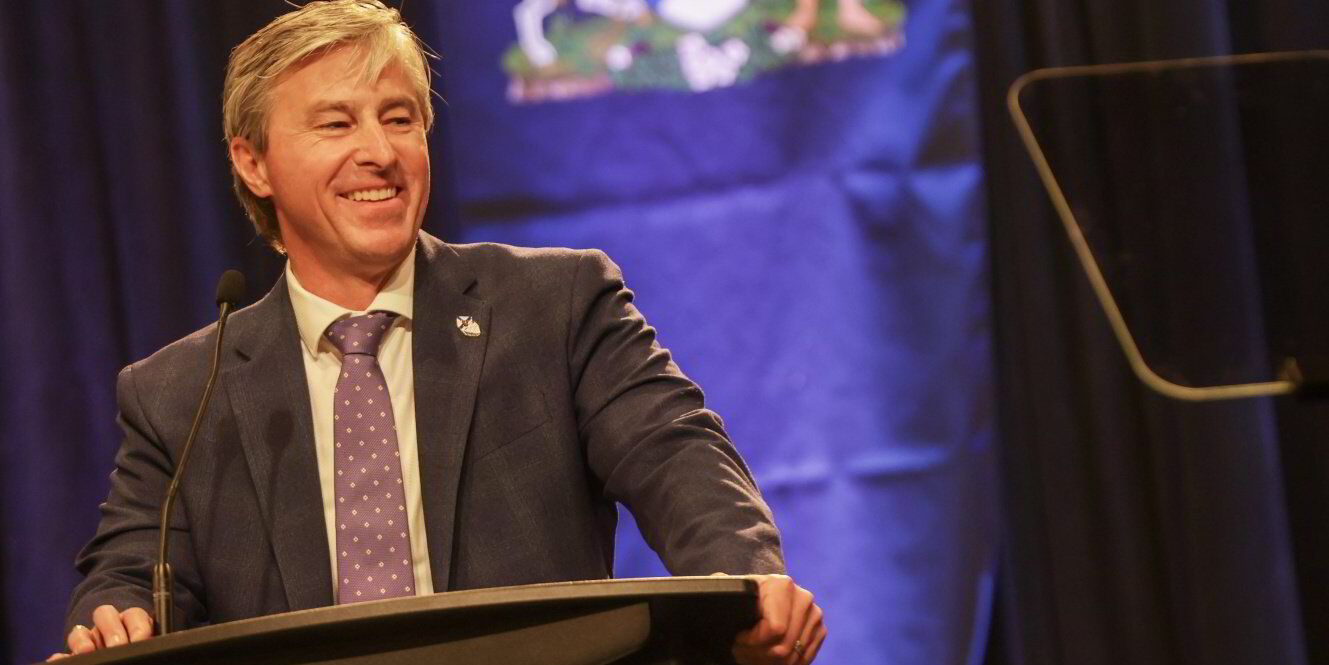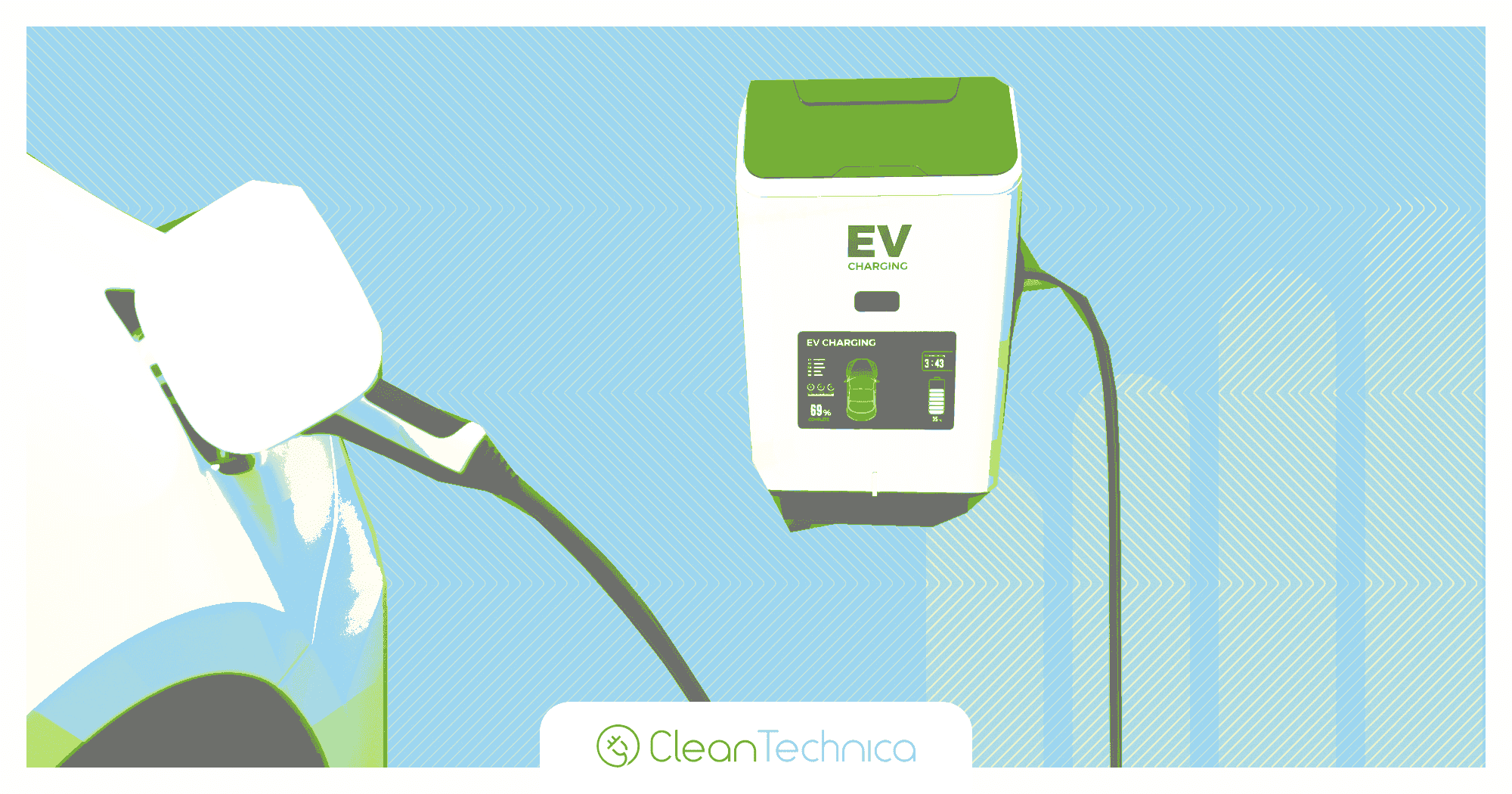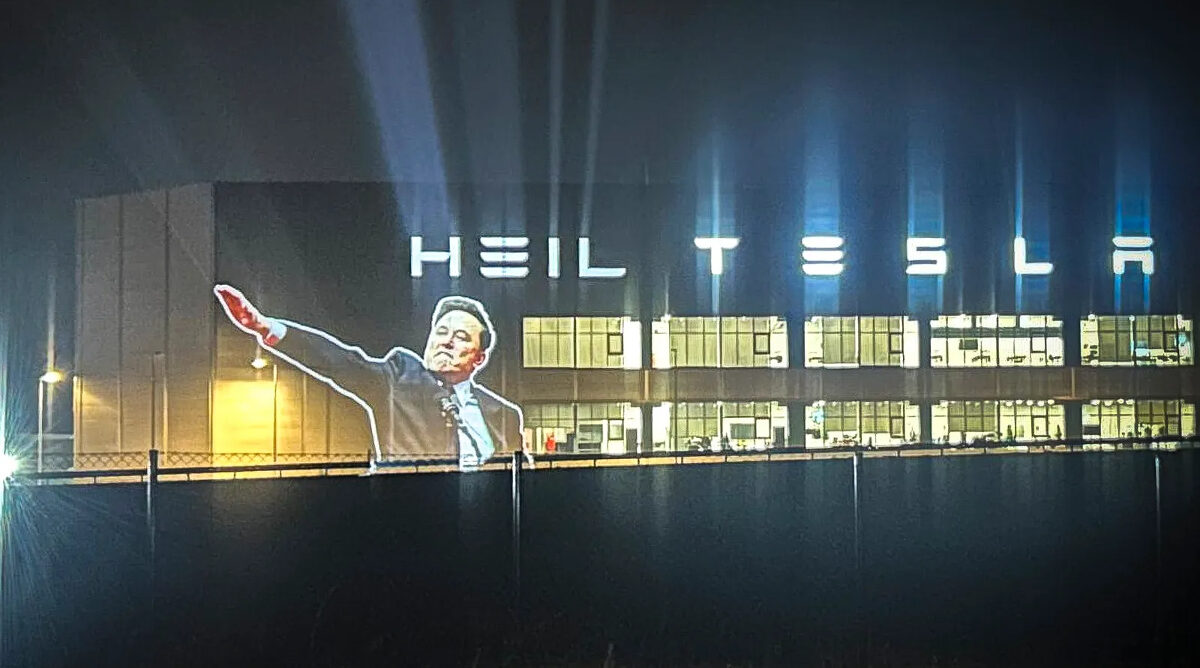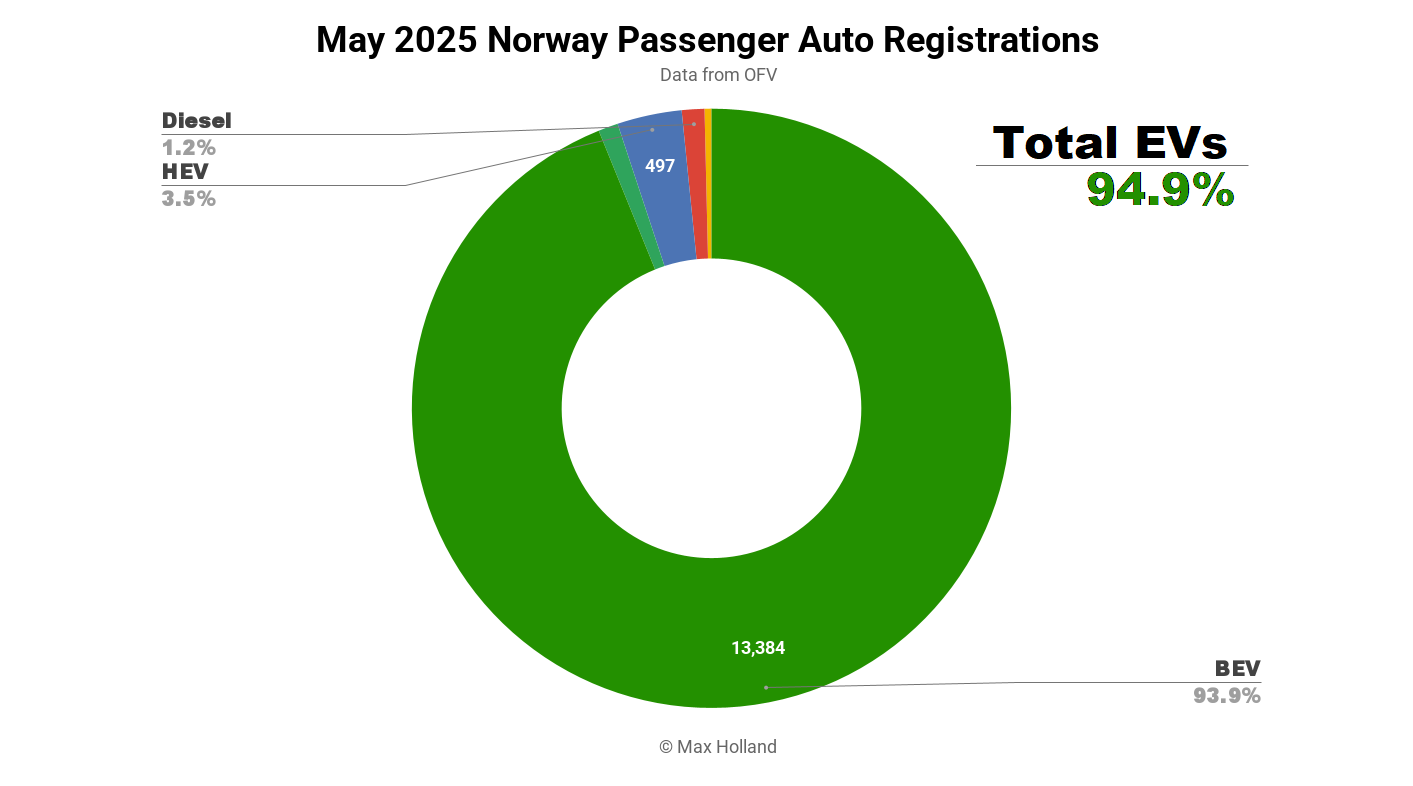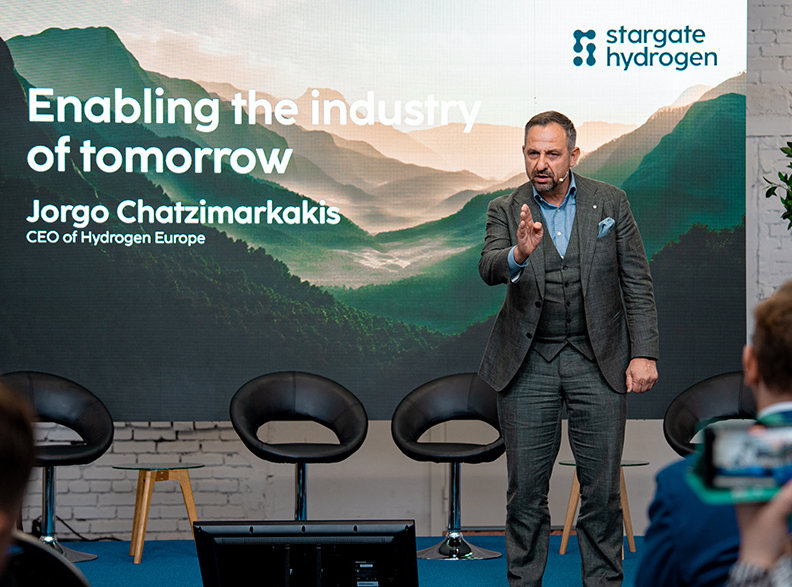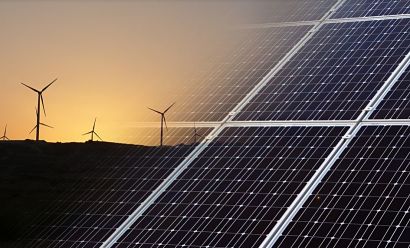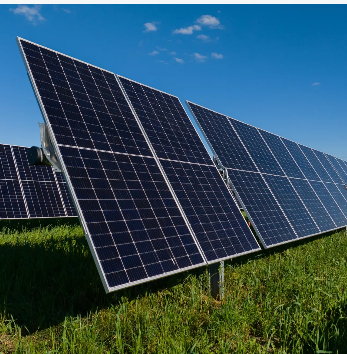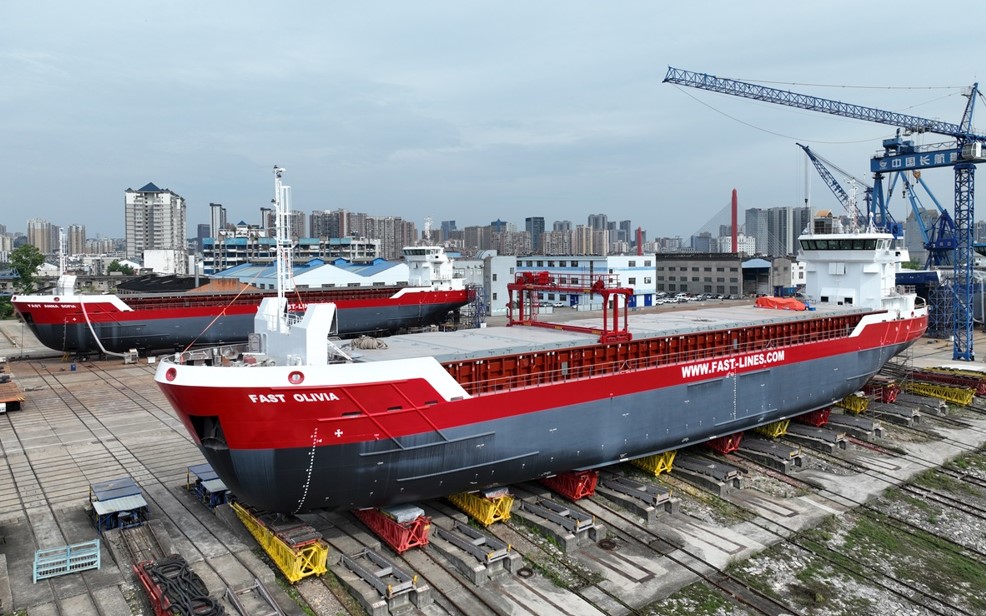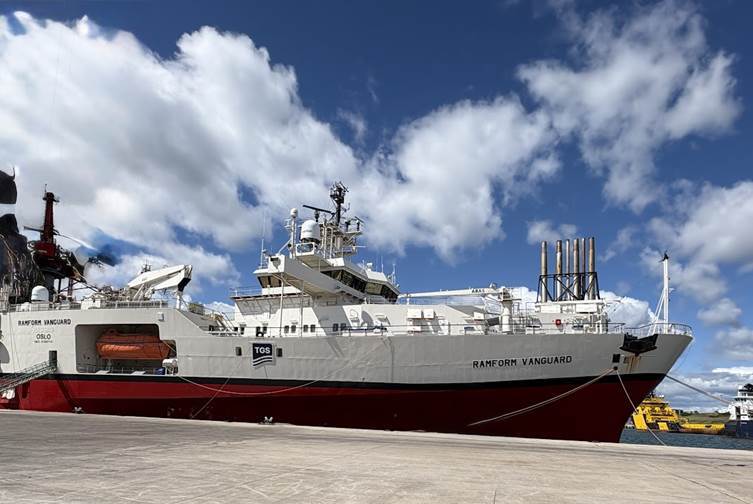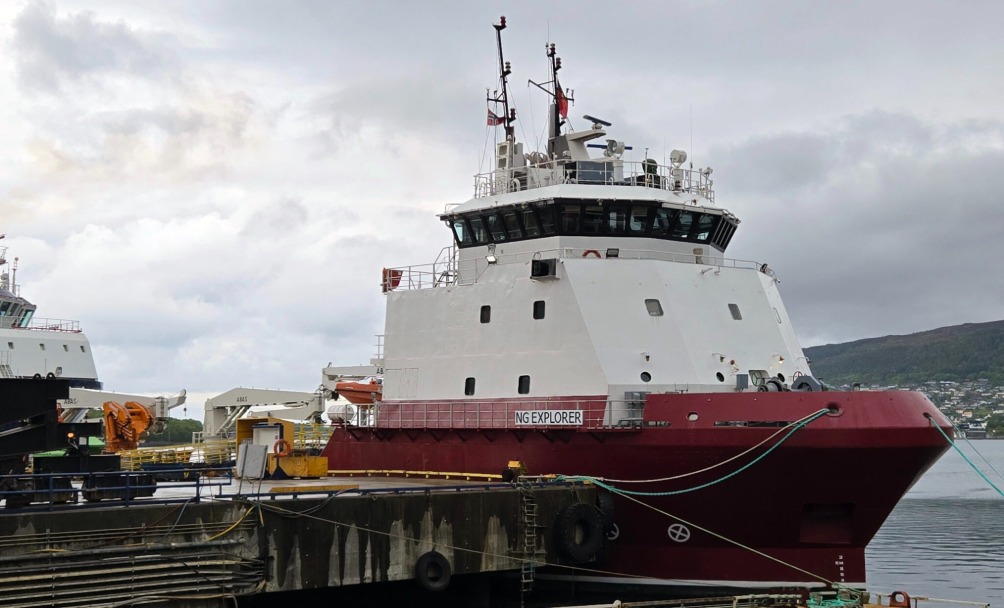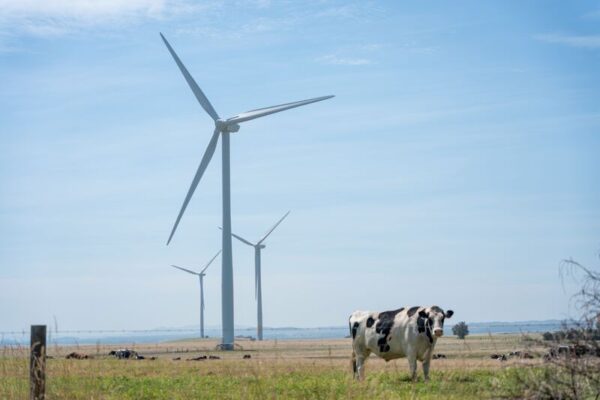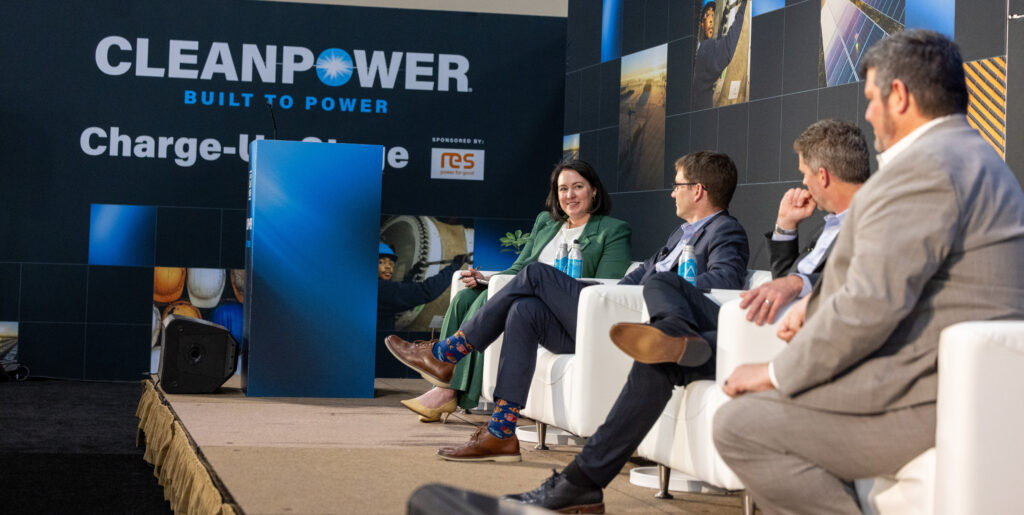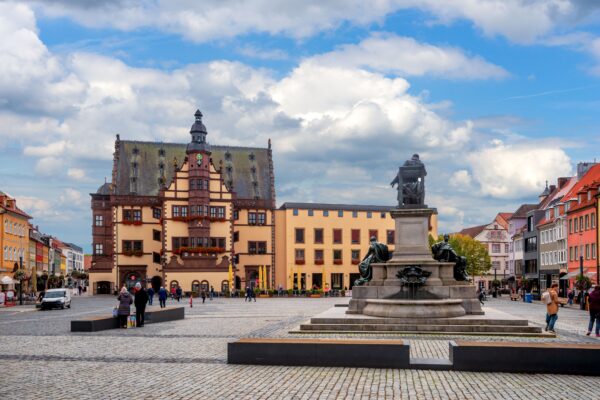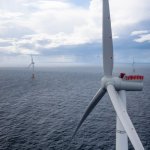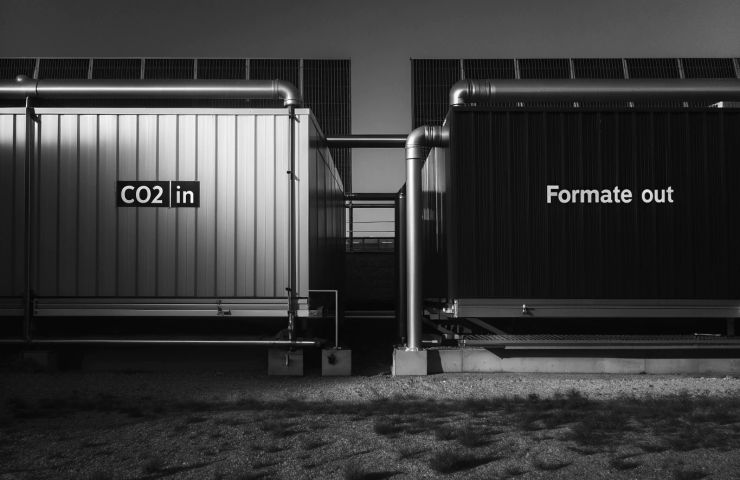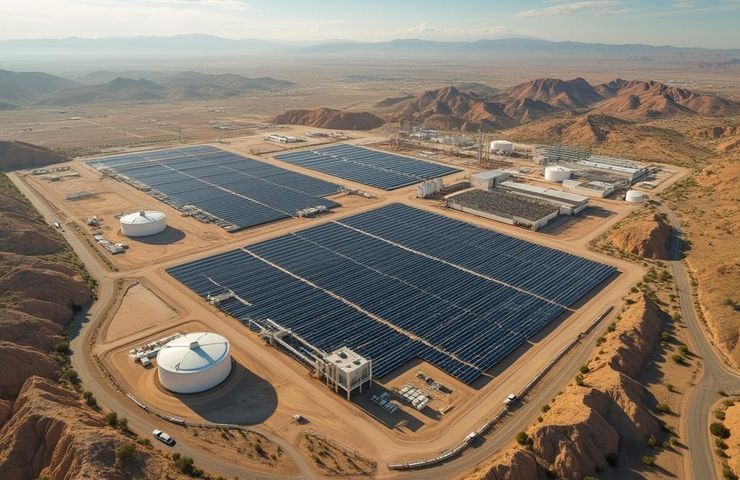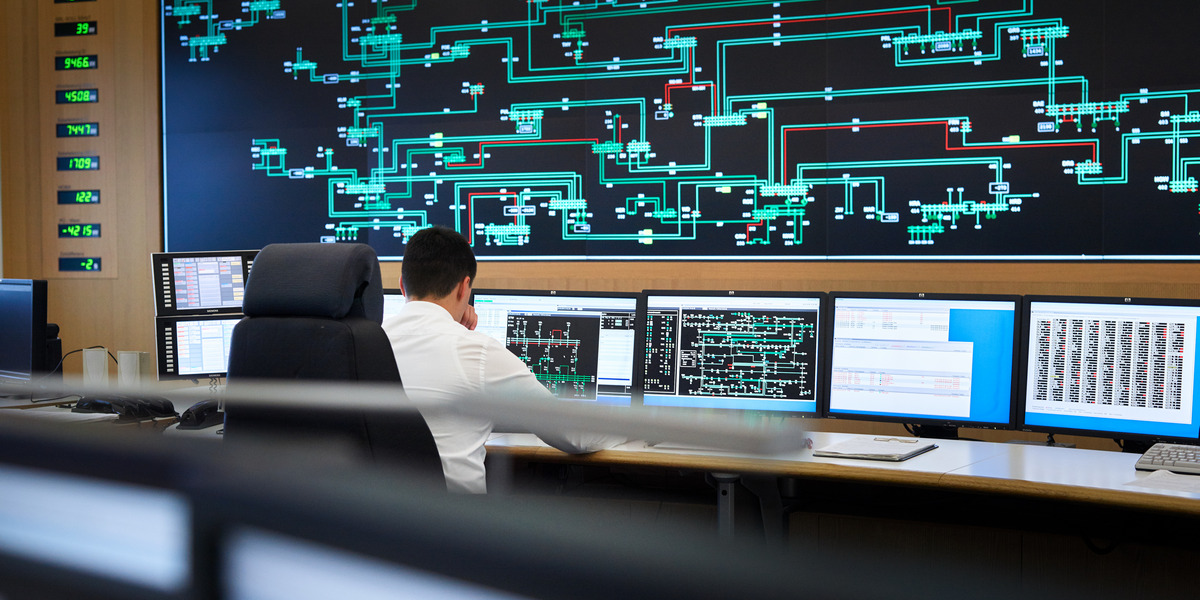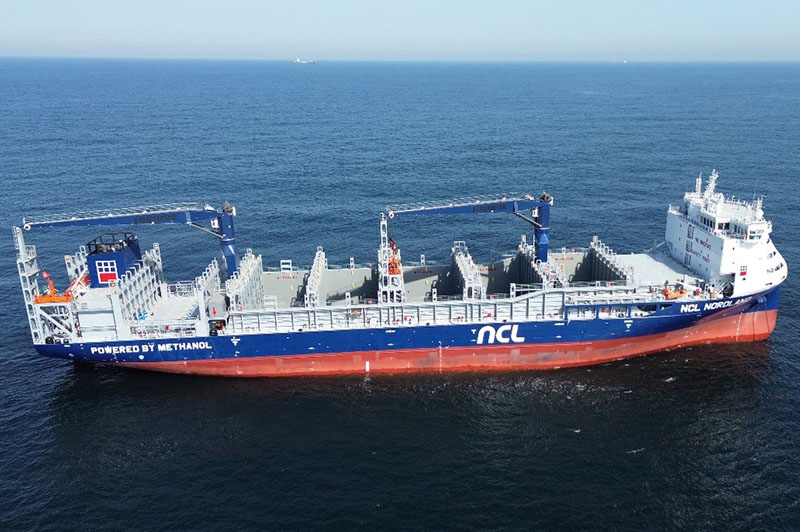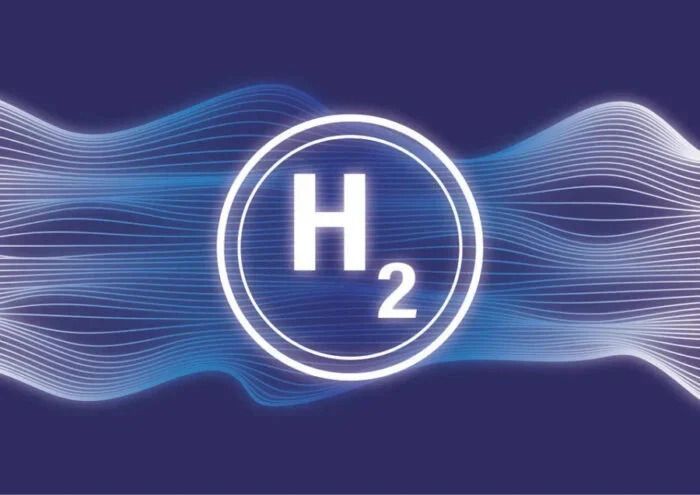Aker Solutions lands Northern Lights Phase 2 contract
Norway-headed Aker Solutions ASA has announced that it has been awarded a "significant contract" for the Northern Lights Phase 2 project by compatriot energy major Equinor ASA as a technical service provider on behalf of the Northern Lights joint venture. The award follows Aker Solutions’ delivery of the first phase of this project in 2024.

Northern Lights Phase 1 is part of Norway’s Longship project that will establish a full-scale value chain for carbon dioxide (CO2) capture, transport, and storage services.
The first phase of the development of Northern Lights is completed and ready to receive CO2 from Norwegian and European industrial emitters.
Phase 2 of Northern Lights will increase the transport and storage capacity from 1.5 million to a minimum of 5 million tonnes of CO2 per annum and is enabled by a grant from the Connecting Europe Facility for Energy (CEF Energy) funding scheme.
“Trusted partner”
Aker Solutions’ scope of work includes the engineering, procurement, and construction (EPC) of the onshore facilities and will include work for its locations at Fornebu and Stord in Norway and Mumbai, India.
Worth between NOK 1.5 billion and NOK 2.5 billion, the contract award demonstrates that Aker Solutions is a “trusted partner with execution capabilities” and commitment to advancing the Northern Lights project, building on the experience gained from Phase 1 of the project.
This contract is significant for Aker Solutions and aligns well with our strategy and ability to deliver standardized solutions for projects in the CCUS value chain. This is the fourth project with CO2 storage solutions that we are executing, and this journey has enabled us to reduce costs continuously. Northern Lights strengthens Norway’s position as a leader in CCS projects globally, and we are proud to be part of this important initiative, said Henrik Inadomi, EVP for New Energies at Aker Solutions.
The project will start in the second quarter of 2025 and is expected to be completed in 2028.
The contract has a balanced risk-reward profile with aligned incentives for efficient and safe delivery.
What's Your Reaction?









